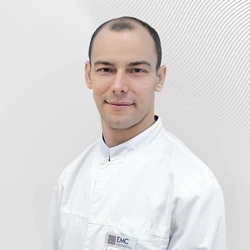Approximately 68,000 people are diagnosed with colorectal cancer for the first time every year in Russia. Approximately 63% of them are almost 34,000 people who are diagnosed with the disease already at advanced stages, in which it is extremely difficult to achieve a cure. The same trend exists in developed countries, with an average of 145,000 people developing colorectal cancer in the United States each year. These figures indicate that patients are afraid of finding this disease and, as a result, late access to a proctologist. At the same time, it is well known that complete cure of rectal cancer at an early stage is possible in 80-90% of cases. In addition, if colon polyps are examined and removed in a timely manner, then you may not get colon cancer at all.
Factors that increase the risk of developing this disease:
- age over 50 years;
- complaints of: blood and mucus in the stool, pain in the perineum, constipation, diarrhea, abdominal and/or coccyx pain, weight loss, nodules in the anus;
- the presence of cancer of the rectum or colon in parents;
- the presence of previously identified polyps in the intestine or stomach;
- the presence of ulcerative colitis or Crohn's disease.
It has been proven that cancer of the rectum and colon develops from a polyp. The polyp cannot be found or felt by the patient himself, it is detected only by a specialist proctologist upon appropriate examination. More often, a polyp in the intestine occurs with flatulence, diarrhea, or, conversely, severe constipation.
Since in about 30% of cases, intestinal polyps and cancer are genetic (innate) in nature, in such families, to prevent the occurrence of rectal cancer, children should be examined 10 years earlier than the age at which their parents were diagnosed with this dangerous disease. For example, if the father had rectal cancer at the age of 56, then the son should consult a proctologist for examination no later than 46 years.
At the European Medical Center, a proctologist conducts a full examination to prevent rectal cancer. To this end, the proctologist questions you and examines you without prior preparation. This approach allows you to more accurately understand your complaints and individually develop correct and complete recommendations. Targeted follow-up examination is carried out after special training (the proctologist will tell you exactly how to prepare for the consultation). The examination can be performed under medical sleep.
Was this information helpful?
Questions and answers
Ask a Question
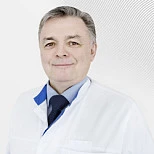





.webp)
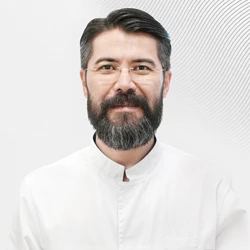
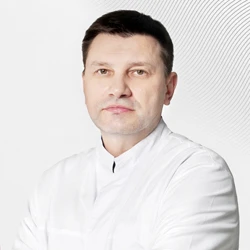
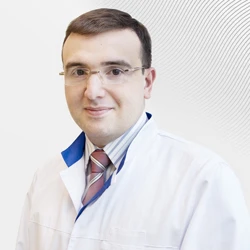
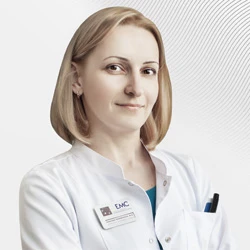
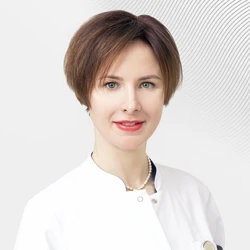
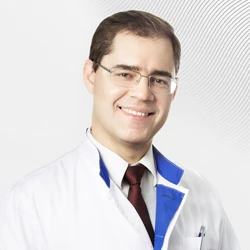
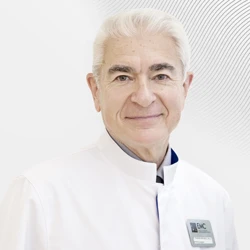
.webp)

.webp)
.webp)
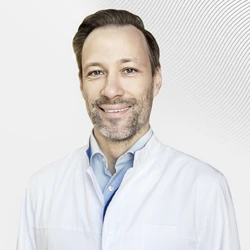
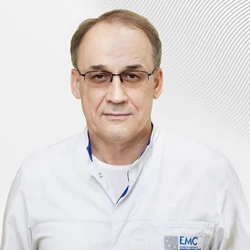
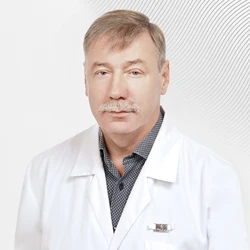
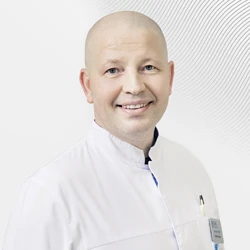
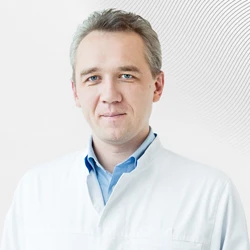
.webp)
